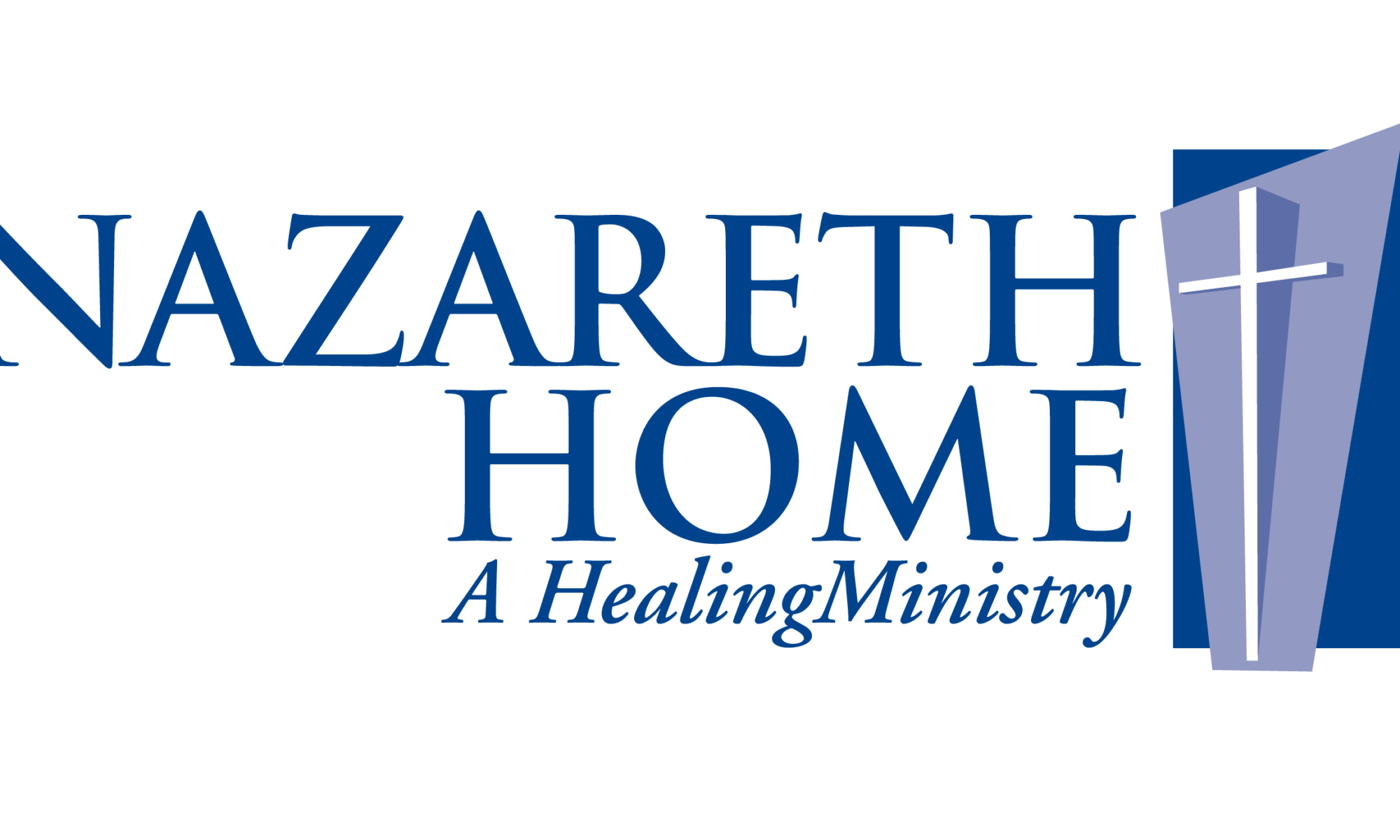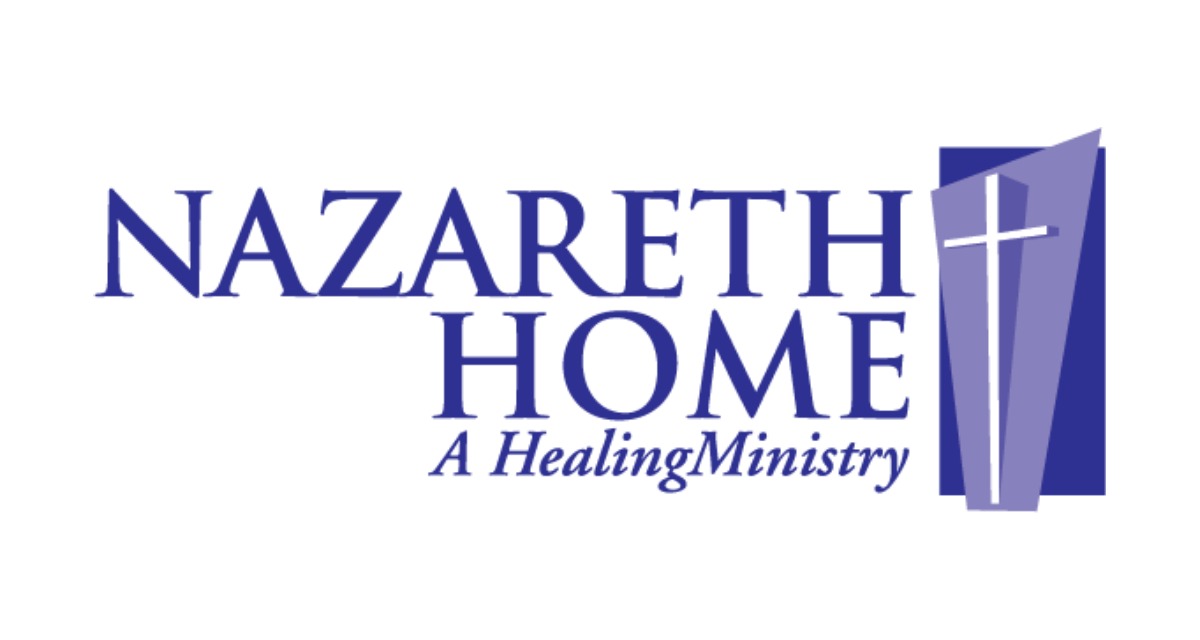Louisville's Largest Long-term Care Facilities
Source: Louisville Business First
By Allison Stines
Click here to read article
ABOUT THE LIST
Information was obtained from the Kentucky Cabinet for Health and Family Services, CHFS Division Of Certificate of Need’s inventory of health facilities and services, Indiana Department of Health, facility websites or representatives and Louisville Business First reports.
Kentucky’s Office of Inspector General files used for this list are updated in March, June, September and December, and would not include changes made after the most recent update. Visit chfs.ky.gov/agencies/os/oig/dhc/Pages/default.aspx for more information.
Local refers to the Louisville area of Jefferson, Bullitt, Oldham and Shelby counties in Kentucky and Clark, Floyd and Harrison counties in Indiana.
| NAME / PRIOR RANK WEBSITE | ADDRESS PHONE | TOTAL BEDS1 | NURSING BEDS2 | PERSONAL CARE OR OTHER BEDS3 | FACILITY OWNER/SPONSOR LOCATION (CITY, STATE) | YEAR FOUNDED LOCALLY | ADMINISTRATOR OR EXECUTIVE DIRECTOR | |||
|---|---|---|---|---|---|---|---|---|---|---|
1 | 3701 Frankfort Ave. Louisville, KY 40207 502-897-4907 | 268 | 167 | 110 | Masonic Homes Kentucky Inc. Louisville, KY | 1867 | David Brown | |||
2 | 1155 Eastern Pkwy. Louisville, KY 40217 502-636-5241 | 252 | 252 | NA | Landmark of Louisville Rehabilitation and Nursing Center LLC Brooklyn, NY | 1973 | Christopher Kellogg | |||
3 | 711 Frankfort Rd. Shelbyville, KY 40065 502-633-3486 | 193 | 117 | 76 | Masonic Homes Kentucky Louisville, KY | 1901 | Janie Cunningham | |||
4 | 4200 Browns Ln. Louisville, KY 40220 502-459-8900 | 178 | 178 | NA | Louisville East Post Acute LLC Farmington, UT | 1974 | Benjamin Brednich | |||
5 | 2000 Newburg Rd. Louisville, KY 40205 502-459-9681 | 168 | 118 | 50 | Nazareth Home Inc. Louisville, KY | 1976 | Mary Haynes | |||
| ||||||||||








